20 October 2022
'We need to see and celebrate different colours and races'
Sarah Olowofoyeku
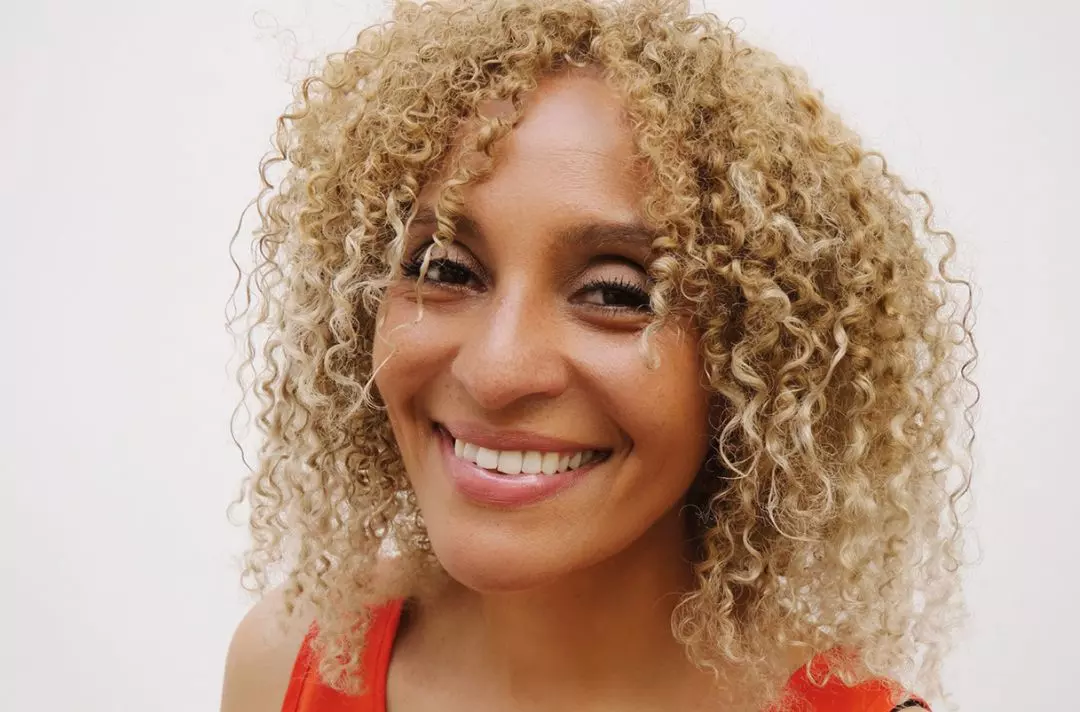
While Black History Month is a time to celebrate the past contributions and stories of black people, it is also a time to learn how to value black people all year round, writes War Cry’s Sarah Olowofoyeku. Loretta Andrews, co-author of a book about how to raise ‘antiracist kids’, explains why such conversations are critical, even with young people, and how they can help make the world a better place in years to come.
The summer of 2020 was tough on everybody. But it was particularly challenging for black people and people with mixed heritage, because of the increase in social awareness of racism, after the killing in the US of George Floyd – an event which reverberated across the globe.
Loretta Andrews is mixed race, having one black parent and one white, and she describes that summer as ‘pretty wild’. However, out of it came something that she hopes will bring about change.
‘I had loads of interesting conversations with my white friends,’ she says. ‘Some were difficult and didn’t go well, but I had some good ones. One of them was with my friend Ruth Hill, who I’d met when we were both pregnant. We had set up an online platform called More than a Mum to support women, because you feel like you lose your identity a bit when becoming a mum. We had said we would write a book back then, but our kids are now 13!’
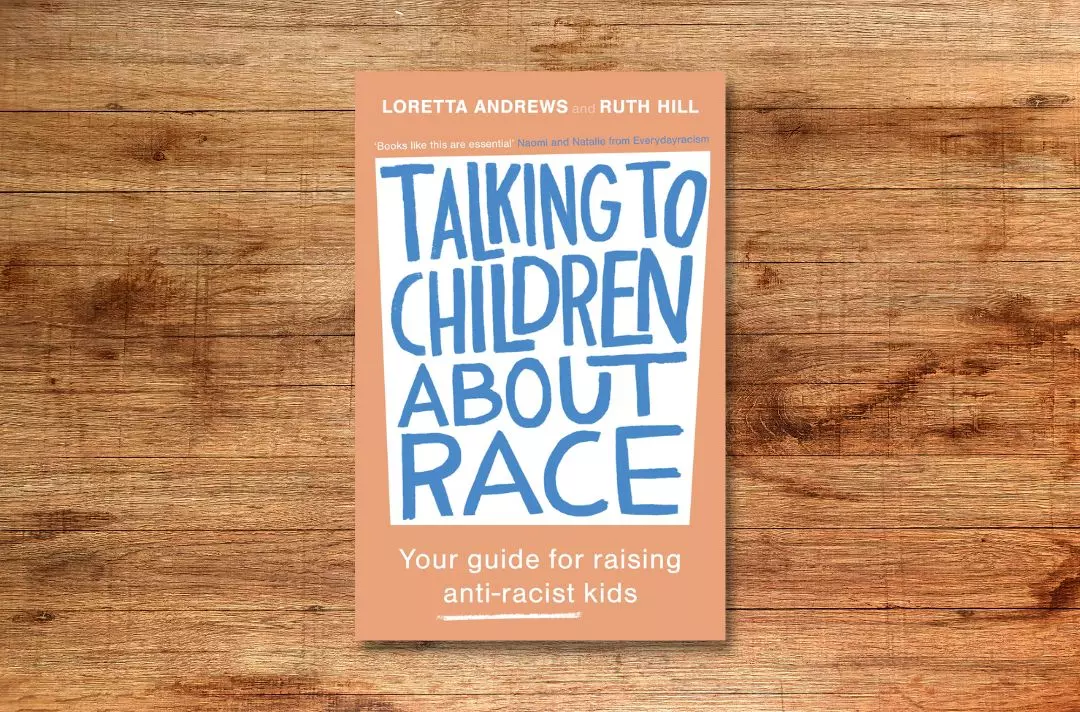
But after their recent conversation and the intervention of a publisher friend, they had the idea to collaborate on writing a book for parents to bring up the subject of race with their children. They’d call it Talking to Children about Race.
With Ruth living in Wiltshire and Loretta in London, the pair had a lot of conversations over Zoom and exchanged thoughts over voice notes. They mostly wrote their own chapters but worked together on a few. One of their priorities was to write a book that was non-judgemental.
‘We wanted the tone of the book to be like a good friend putting their arm around you and guiding you, rather than saying what was rubbish,’ says Loretta. ‘Because shame and guilt just stops people in their tracks, it doesn’t do anyone any good. Also, what we hear over and over again is people saying that they want to have these conversations but they don’t know how and they are worried about getting it wrong. We wanted to make people feel like it’s better to get it wrong than not try at all.’
While some may say that talking to children about race is inappropriate, Loretta disagrees. She says that racism can start from an early age. Children are exposed to the news and they may overhear what adults say, so having direct conversations means they are well informed instead.
Loretta argues that talking about race does not create racism.
‘Kids notice difference from a very young age,’ she says, ‘it’s just that they don’t attach anything negative to it. It’s only turned negative when adults and society around them attaches meaning and they pick up on that. That’s why it’s so important for it to be addressed early. If we can get in there young enough to guide them away from the reactions they see others having – a security guard following a black person around the shop, for example – then their whole trajectory could be different.’
The book seeks to help the conversation by covering a range of topics, such as white privilege and being antiracist. Loretta and Ruth use simple language so that parents can feel informed and concepts can be conveyed to children clearly.
Another topic in their book is colour-blindness, which, Loretta says, ‘a whole generation thought was a good thing’.
‘People would say we should teach children to be colour-blind and that we don’t see colour. But we need to see and celebrate different colours and different races. We don’t want people not to see difference, we don’t want them to attach a negative meaning to it. By not being colour-blind, you are saying that you see all of who somebody is – you see their culture, their race and their background and you see that it’s great.’
While Loretta wrote a lot about certain principles based on theory, she also had to draw on personal experiences to write the book, which she says was traumatic. In day-to-day life, there are often instances that she just has to let go of, because ‘you can’t make an issue of it every time’.
‘Writing the book made me more aware of how many instances there have been,’ she says. ‘I had to consciously look at the points in my childhood where I’d minimised what had happened, because people often say, “You’ve got a chip on your shoulder” or, “You’re making everything about race”.
‘I thought about specific incidents that were without a doubt racist, but it brought up other experiences that I realised were racist as well. It was quite disturbing. Yet I’ve been lucky compared to my friends who are dark-skinned. I have light-skin privilege, so I’ve had even fewer experiences than they’ve had.’
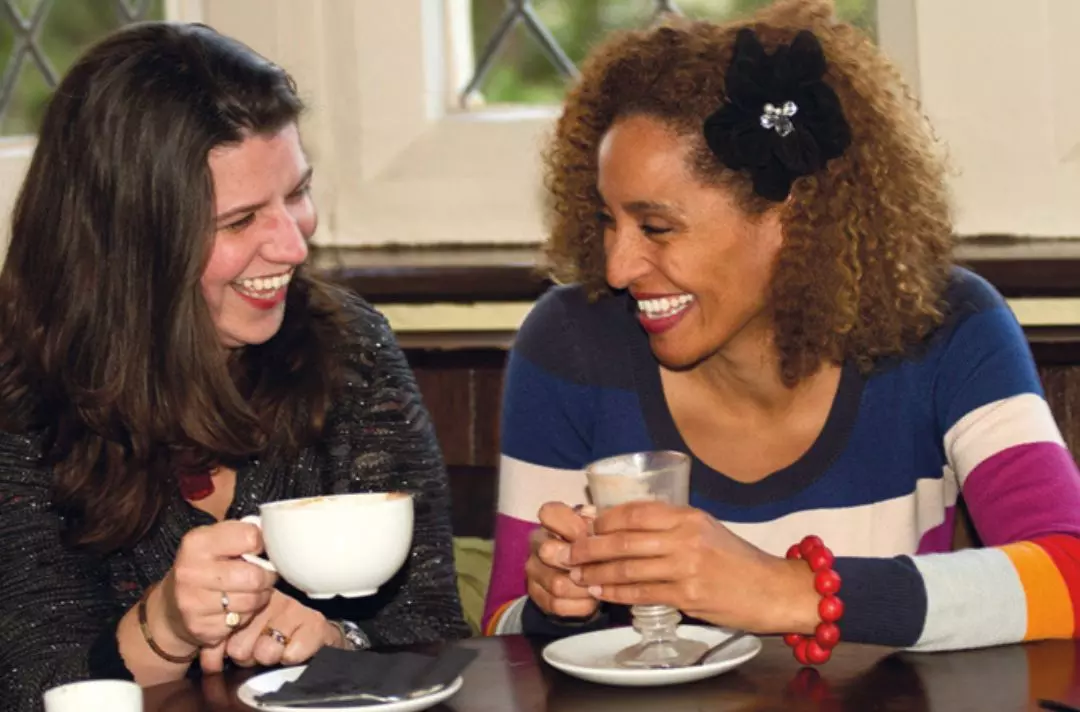
Loretta continues: ‘Racism is alive and kicking here in the UK, and it’s wrong, and in the book we highlight it. But we also highlight normalising black joy and black experiences. So we don’t want people to just get their kids books on diversity and how to not be racist; we also want them to get a book on rainbows that has a little black girl as the main character.’
Such actions are part of what Loretta describes as ‘being antiracist’, an expression that has gained popularity in recent years and signifies a different mindset from simply not being racist. She says that it is the difference between being passive and being active.
‘There are a lot of lovely people who genuinely are not racist. If they saw someone calling someone else names because of their race, they would be outraged and say that it was awful and that they would never do that. That’s one thing and that’s great, but what would it mean to not just say you would never do that, but to go over to the perpetrator and tell them what they’re doing is not OK? Or to check in with victim, and see if they are OK? Or instead of just rolling your eyes when a family member says something racist, speaking up and saying that it’s inappropriate?’
While the advice in the book is not explicitly religious and co-author Ruth doesn’t identify as a Christian, Loretta’s passion to tackle the injustice of racism stems from her Christian faith.
‘What Jesus modelled to us most was fighting for the oppressed and the underdog,’ she says. ‘So I don’t think you can be a Christian and not be against racism, homophobia, poverty or any injustice. I don’t think I could be living out my faith properly if I wasn’t fighting any kind of injustice.
‘I struggle with people who have politicised the word “antiracist”. I’m not talking about politics; I’m talking about people being held back and oppressed because of their race. Making it political forgets the person, and it derails the conversation.
‘When I feel anger about such things, I feel like I’m tapping into Jesus turning over tables at the Temple when he was angry at the unfair way people were behaving there. I think it pains God’s heart to see injustice and to see people forgetting to fight for the person.’
Because she cares about people, Loretta wants to keep the conversation about racism going.
‘The conversation didn’t just happen in 2020 and now it’s over,’ she says. ‘We’ve got a long way to go with discussing racism but kids are great at it, and we can learn from them. We will get it wrong, but we don’t need to stay in a place of guilt and shame. Instead we need to keep working and keep moving forward. And in future generations, it would be amazing to see racism become a non-issue.’
Written by
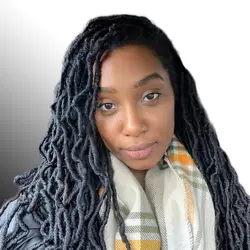
Sarah Olowofoyeku
Assistant Editor, War Cry
Discover more
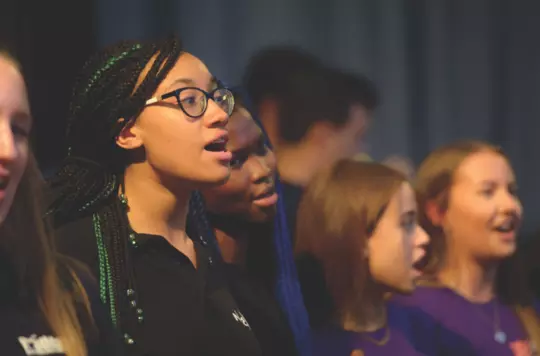
A mission of inclusion: Get involved
Ivan Radford outlines new initiatives introduced by the territory’s Racial Inclusion Working Group.
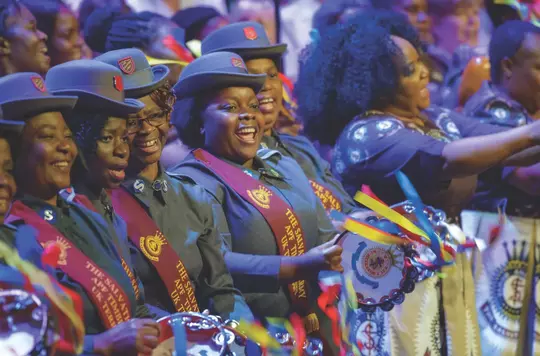
Introducing African Praise Fellowship Zimbabwe
Cloud Tembo explains the history and mission of the territory’s new official group.
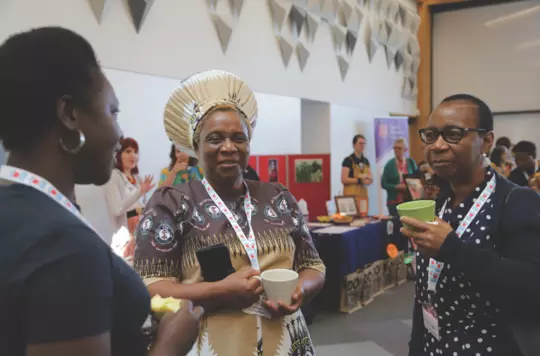
Racial Inclusion Working Group
Celebrating and embracing ethnic and cultural diversity within The Salvation Army.
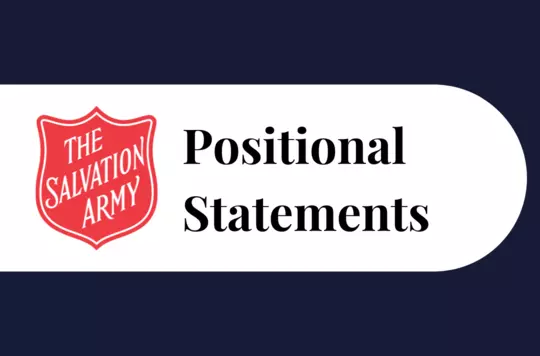
Racism
The Salvation Army's International Positional Statement on Racism.